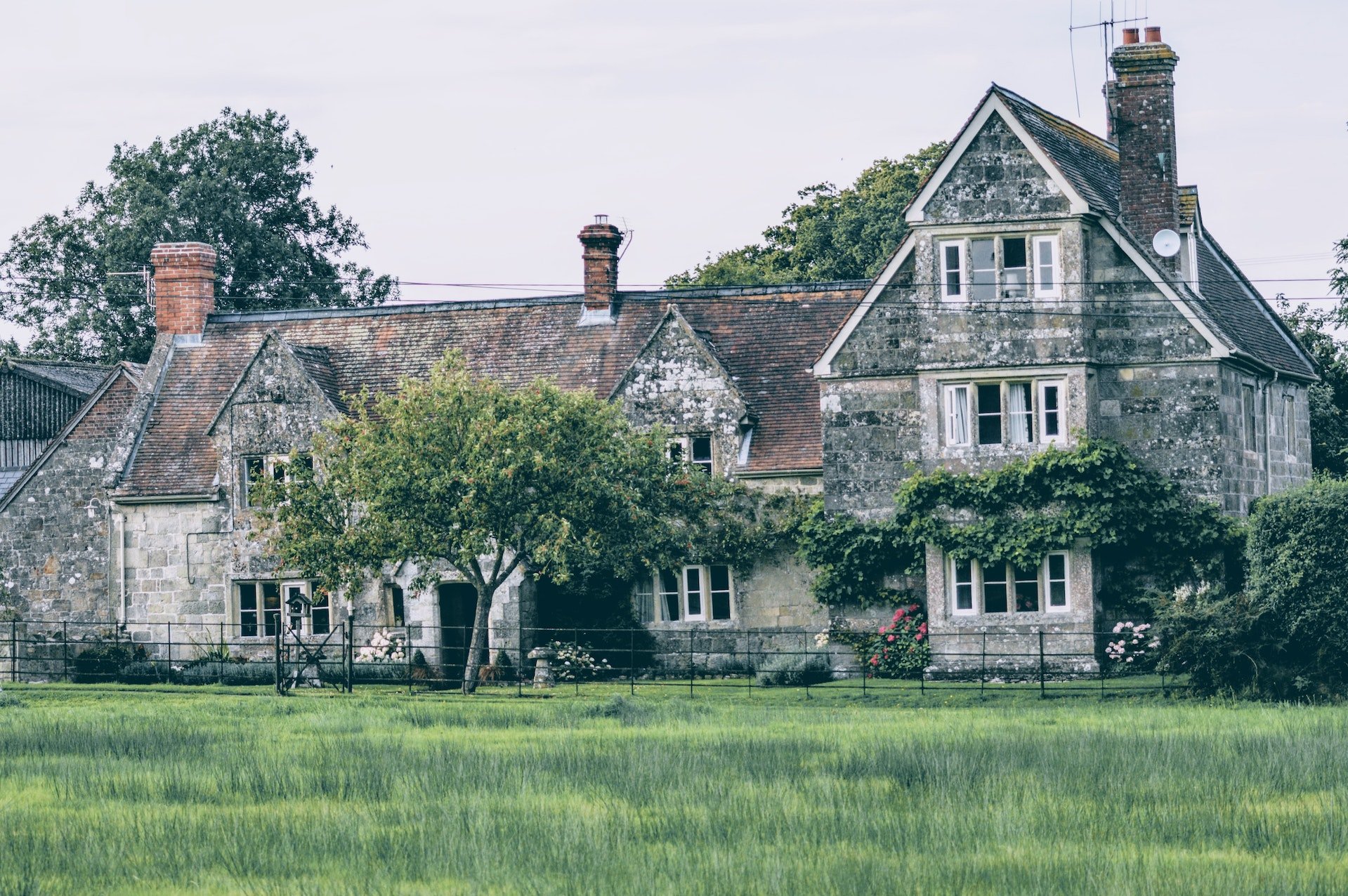
When it comes to buying a home, the choices can be overwhelming. Among the options available, older homes with historical charm have a unique allure for many homebuyers. The idea of owning a piece of history, with its character and timeless architecture, can be captivating. However, before you take the plunge into buying an older home, it's essential to carefully consider the pros and cons that come with it. In this blog, we'll explore the advantages and potential challenges of purchasing an older home, allowing you to make an informed decision that best suits your preferences and needs.
Pros of Buying an Older Home:
1) Architectural Beauty and Historical CharacterOlder homes often boast architectural features that exude charm and craftsmanship rarely found in newer builds. Intricate woodwork, decorative moldings, and vintage fixtures can add a touch of elegance and sophistication to the property.
2) Established Neighborhoods and Mature Landscaping
Many older homes are situated in well-established neighborhoods with mature trees and lush landscaping. The sense of community in these areas can be strong, providing a warm and inviting atmosphere for homeowners.
3) Unique Design and Layout
Each older home has a distinct character and layout, making it stand out from cookie-cutter modern constructions. If you crave a home with individuality and history, an older property might be the perfect fit.
4) Potential for Renovation and Customization
For those who enjoy home improvement projects, older homes offer plenty of opportunities for renovation and customization. Restoring historic features or modernizing certain aspects of the property can be a rewarding endeavor.
Cons of Buying an Older Home:
1) Maintenance and Upkeep CostsOlder homes may require more maintenance and repair work compared to newer homes. Plumbing, electrical systems, and structural elements may need updating, which can incur additional expenses.
2) Energy Efficiency
Older homes may not be as energy-efficient as newer constructions. Inadequate insulation and outdated windows can lead to higher energy bills and a less eco-friendly home.
3) Compliance with Modern Building Codes
Older homes might not meet current building codes and safety standards. This may necessitate costly updates to bring the property up to current regulations.
4) Potential for Hidden Issues
With age, older homes can harbor hidden problems, such as asbestos, lead paint, or foundation issues. It's crucial to conduct thorough inspections before making a purchase.
Tips for Making an Informed Decision:
1) Get a Comprehensive InspectionHire a reputable home inspector to thoroughly assess the condition of the property. A detailed inspection report will help you understand any potential issues and their associated costs.
2) Review Homeowner's Insurance Options
Check with your insurance provider to understand the coverage options for older homes. Some insurance policies may be more expensive or have limitations for older properties.
3) Set a Realistic Renovation Budget
If you plan on renovating the home, create a realistic budget for the updates and improvements you envision. Be prepared for unexpected costs that may arise during the renovation process.
4) Work with an Experienced Real Estate Agent
A knowledgeable real estate agent with experience in older homes can guide you through the process and offer valuable insights to help you make an informed decision.
Are you captivated by the historical charm of older homes? Before you make a decision, consider the pros and cons of purchasing an older property. Our expert real estate team is here to assist you in finding the perfect home that matches your preferences and budget. Contact us today to start your journey towards owning a piece of history!


Leave A Comment